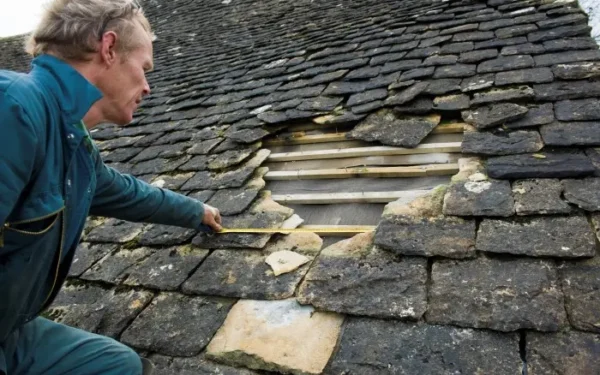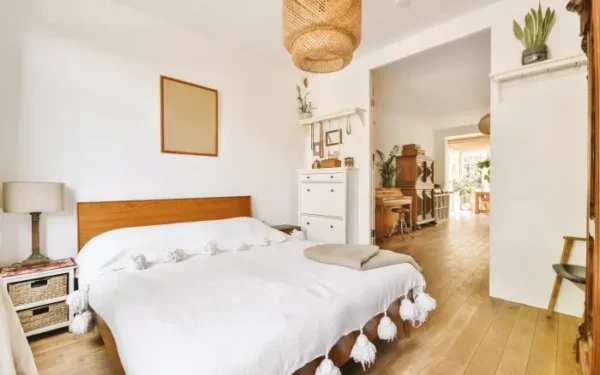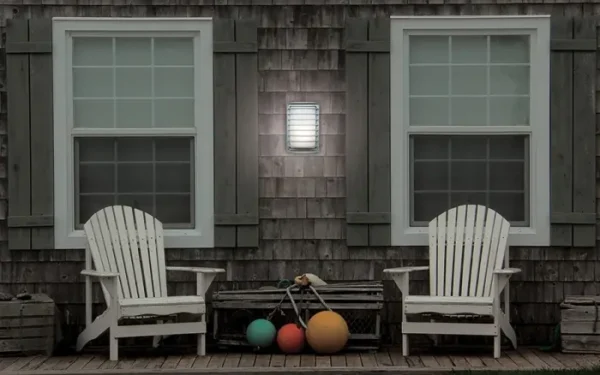Homeowners Insurance – What Does it Cover?

Homeowners insurance is a critical financial safety net that helps you cover costs from unexpected damage or loss. Most mortgage lenders require it, and a good policy can help protect your largest investment.
Standard homeowners policies typically include liability protection and coverage for your personal property, as well as an option to choose between actual cash value or replacement cost coverage for your house and contents.
Coverage for the Structure of Your Home
The most important aspect of a home insurance policy is the coverage it provides for the structure of your house. This is known as dwelling coverage, and it typically includes protection against fire, windstorms, lightning, vandalism and other perils listed in the policy.
Many policies also include other structures coverage, which helps pay for damage to detached structures on the property like a garage, tool shed or gazebo. This coverage generally equals about 10 percent of the dwelling limit in the policy.
Most home owners insurance policies also cover additional living expenses if your home is destroyed by a covered disaster and you must stay somewhere else while repairs are made. Check the policy to see whether it covers this expense, and consider buying a separate rider if necessary.
Some policies may include ordinance or law endorsements, which help pay for the extra cost of rebuilding to comply with changes in local building codes or other laws that took effect after your house was built.
Coverage for Your Personal Property
Homeowners insurance policies cover personal property on an actual cash value (ACV) basis, meaning they reimburse you for the cost of replacing or repairing your possessions minus depreciation.
For this reason, it’s important to talk to your agent about scheduling high-value items or changing to a replacement cost policy.
A standard homeowners policy typically limits the amount it will pay for certain types of valuables, like jewelry. To increase the coverage limit, you may be able to purchase additional protection called scheduled personal property coverage.
Other personal property provisions in a typical homeowners policy include loss-of-use or additional living expense coverage, which reimburses you for hotel bills, restaurant meals and other expenses you incur while your home is being repaired due to a covered peril.
There’s also guest medical payment coverage, which provides limited liability protection for guests who are injured on your property.
Coverage for Liability
The liability portion of a homeowners policy typically covers injuries or damage to others that you are responsible for.
For example, if a Girl Scout selling Thin Mints trips on your porch steps and breaks her arm, you would file a claim to cover medical expenses. Your policy also generally pays for lost wages and legal costs in case someone sues over an accident at your home.
Your insurance may also pay for temporary housing if your home is uninhabitable after an insured disaster. However, most policies limit the amount they will pay for personal property and other items.
If you have expensive jewelry, art or other items that require higher coverage limits, consider adding an umbrella policy.
Also, your homeowners policy does not usually cover flood or water damage caused by frozen pipes. It’s important to make a list of all the items in your home and talk to an agent about whether you need to buy additional coverage for these risks.
Additional Coverage Options
Generally, homeowners insurance covers damage caused by fire or other disasters listed in the policy. A standard policy also usually includes coverage for personal property, which can cover furniture and electronics if they are lost or stolen.
Other common coverages include loss of use (to pay for hotel bills if you can’t live in your home after a disaster) and liability protection to help pay for lawsuits if someone is injured on your property.





